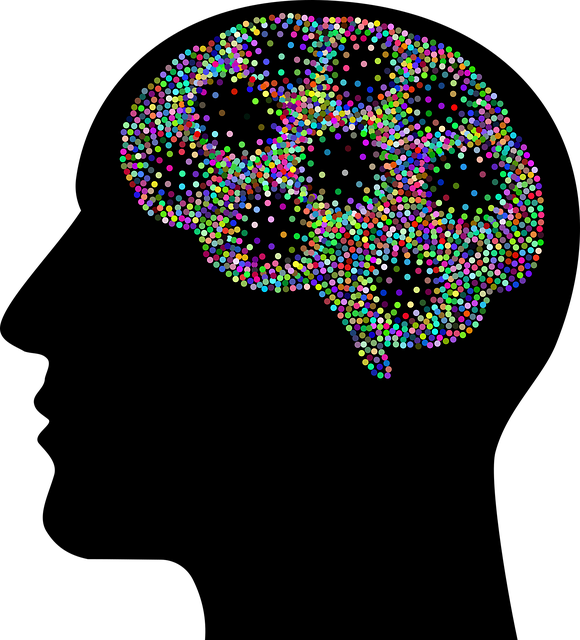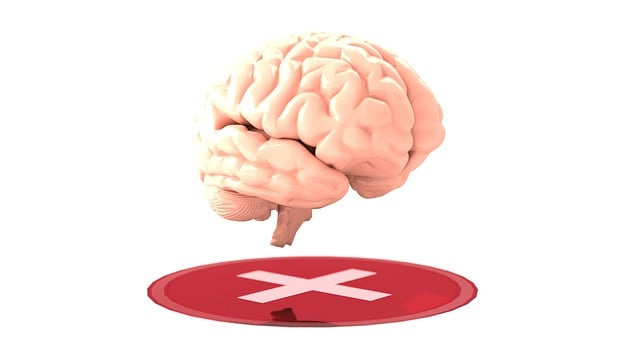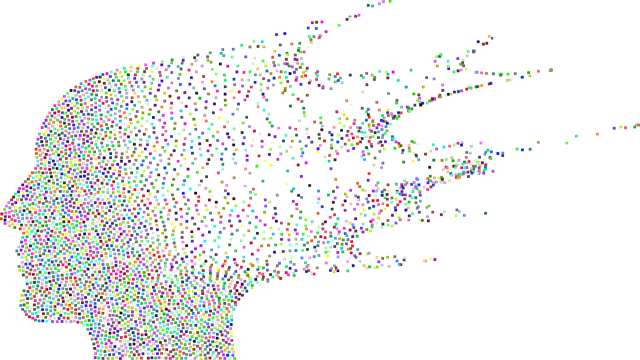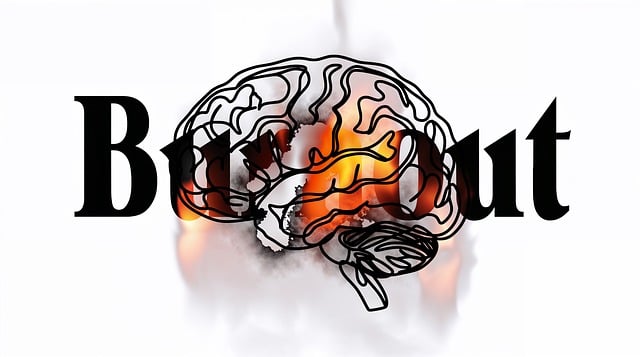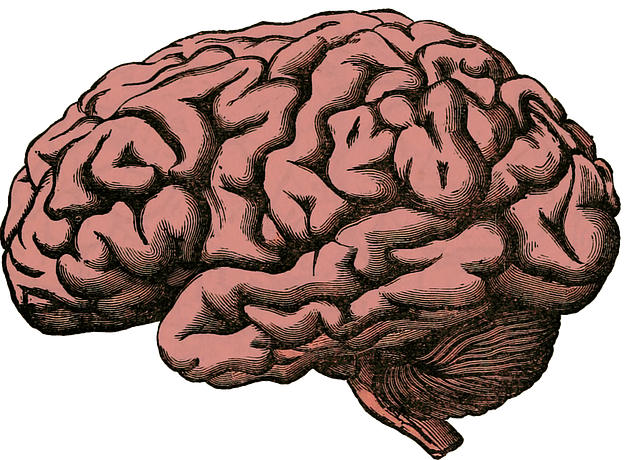La terapia para hablantes de español que combina Entrenamiento de Habilidades Sociales (SST) e Inteligencia Emocional (IE) aborda los desafíos únicos que enfrentan las personas hispanohablantes con condiciones de salud mental, ofreciendo un enfoque personalizado y culturalmente sensible. Al proporcionar estrategias prácticas basadas en escenarios reales y capacitar a pacientes en la regulación emocional y la comunicación efectiva, esta terapia mejora el acceso a tratamientos eficaces para una población a menudo subatendida. Superar las barreras culturales es crucial mediante la formación de profesionales en competencias culturales, el uso de recursos multilingües y tecnologías de terapia remota, lo que resulta en mejores resultados y prácticas de salud mental para los hispanohablantes.
Social skills training is a transformative approach for individuals with mental health conditions, offering a comprehensive pathway to improved well-being. This article explores this effective therapy, focusing on its benefits for Spanish-speaking communities facing unique challenges. We delve into how language barriers impact access to mental health support and present strategies to enhance social skills in therapeutic settings. Additionally, we discuss cultural sensitivity as a key factor in overcoming barriers, ensuring inclusive care for all, with a specific emphasis on services tailored to the needs of Spanish-speaking individuals.
- Understanding Social Skills Training: A Comprehensive Approach
- The Impact of Language Barriers on Mental Health Support for Spanish Speakers
- Effective Strategies for Social Skills Training in a Therapeutic Setting
- Overcoming Challenges: Cultural Sensitivity and Access to Services for Spanish-Speaking Individuals with Mental Health Conditions
Understanding Social Skills Training: A Comprehensive Approach

Social Skills Training (SST) is a comprehensive approach that focuses on teaching individuals with mental health conditions how to navigate social interactions effectively. This therapy goes beyond traditional talk therapy by providing practical strategies and role-playing scenarios tailored to real-life situations. Through SST, clients learn to recognize and manage their emotions in social settings, improve communication, and build healthy relationships.
For Spanish-speaking individuals seeking therapy, culturally sensitive practices are essential. Incorporating Emotional Intelligence (EI) into SST allows therapists to address cultural nuances and promote mental wellness coaching. By fostering EI, these programs help clients understand their emotions and those of others, enhancing their ability to connect with people from diverse backgrounds. This personalized approach ensures that social skills training is not only effective but also culturally responsive, catering to the unique needs of Spanish-speaking communities.
The Impact of Language Barriers on Mental Health Support for Spanish Speakers

For many Spanish-speaking individuals with mental health conditions, language barriers can significantly impact their ability to access effective support and treatment. Barriers in communication often lead to misdiagnosis or undiagnosed conditions due to difficulties in expressing symptoms and understanding cultural nuances in therapy. This issue is particularly prevalent in regions with diverse linguistic backgrounds, where mental health services may not adequately cater to non-English speakers.
The absence of specialized therapy for Spanish-speaking populations exacerbates existing challenges. Language acts as a crucial tool for emotional regulation, and when it’s hindered during therapeutic sessions, the effectiveness of treatment decreases. Organizations like the Stress Management Workshops aim to bridge this gap by offering community outreach programs that provide mental health support tailored to Spanish speakers, focusing on cultural sensitivity and accessible language in teaching emotional regulation skills.
Effective Strategies for Social Skills Training in a Therapeutic Setting

Social Skills Training in a Therapeutic Setting should be tailored to address specific mental health conditions while incorporating effective strategies that resonate with diverse populations, such as Spanish-speaking individuals. For therapy targeting this demographic, providing services in their native language is paramount. Bilingual therapists or interpreters ensure clear communication, fostering trust and engagement.
Additionally, integrating Cultural Competency Training for healthcare providers can significantly enhance the effectiveness of social skills training. This involves teaching cultural sensitivity and understanding the nuances of different backgrounds to tailor interventions. Communication Strategies focused on active listening, empathetic expression, and non-verbal cues build a solid foundation for meaningful interactions. These approaches, combined with Cultural Sensitivity in Mental Healthcare Practice, create an inclusive environment where individuals feel heard, understood, and empowered during their therapeutic journey.
Overcoming Challenges: Cultural Sensitivity and Access to Services for Spanish-Speaking Individuals with Mental Health Conditions

Overcoming cultural barriers is an essential step in providing effective social skills training and therapy for Spanish-speaking individuals with mental health conditions. Many face challenges accessing services due to language differences, limited availability of bilingual professionals, and cultural misconceptions surrounding mental wellness. These obstacles can lead to delayed or inadequate treatment, impacting their ability to manage symptoms and maintain emotional regulation.
Addressing these issues requires dedicated efforts in developing mental wellness coaching programs that cater specifically to the Spanish-speaking community. Healthcare providers must be equipped with strategies for burnout prevention, ensuring they are sensitive to cultural nuances and capable of delivering inclusive care. By implementing accessible initiatives, such as providing multilingual resources, training a diverse therapist network, and utilizing technology for remote therapy, we can improve outcomes and promote better mental health practices within this population.
Social skills training, as a comprehensive approach, plays a pivotal role in enhancing mental health support, especially for Spanish-speaking individuals. By addressing language barriers and implementing culturally sensitive strategies, therapy becomes more accessible and effective. This article has explored the importance of such training, from understanding its fundamentals to overcoming challenges related to cultural sensitivity and access to services. For Spanish speakers seeking mental health treatment, recognizing and leveraging these resources can lead to transformative outcomes, ensuring they receive the quality care they deserve.


